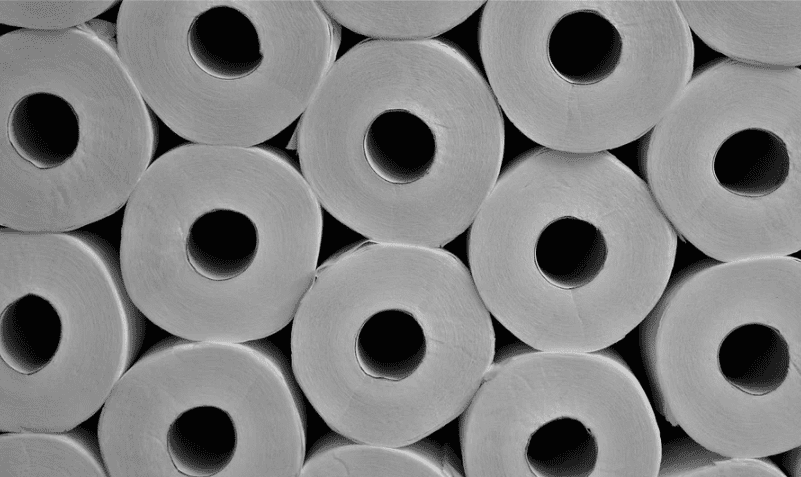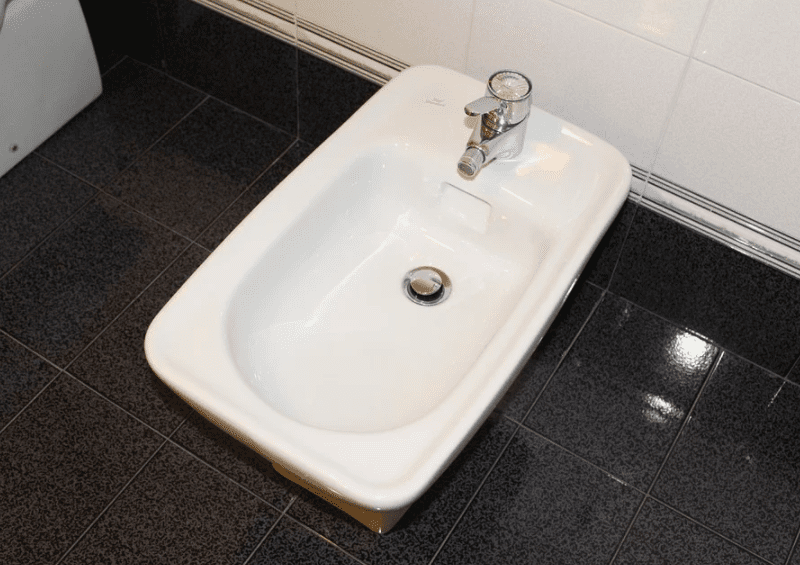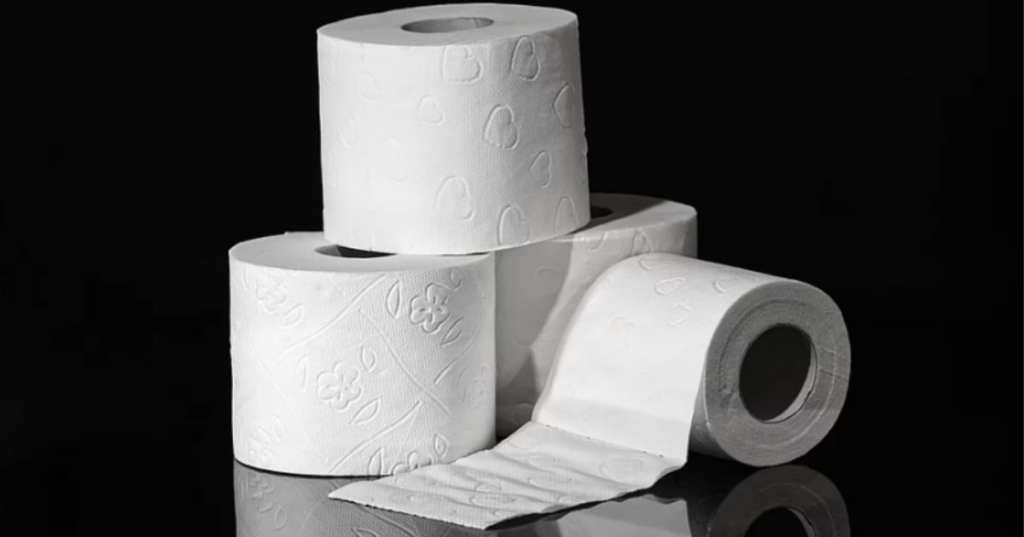Toilet paper is definitely something I take for granted. It’s been readily available my entire life, and because I live in America, it’s basically the way we’re taught to clean ourselves in the bathroom, and really, why would you question it?
But if you stop and thinking about it, obviously, it hasn’t always been the way people handled their business.
Though I’m not sure exactly why, since paper has been around since antiquity?

Image Credit: Pixabay
Even so, the ancient Greeks used stones and pieces of clay. The Romans stepped it up a notch with a sponge on the end of a long stick. Of course, you had to use your hole in the long marble bench right out in the open, and stick your sponge back next to someone else doing the same thing.
Oh, and the sponges on sticks? They were for everyone. After you used it, you stuck it in a bucket of heavily salted seawater in the communal bathroom and went about your day. Hopefully after you at least rinsed your hands.
Around 1391, some brilliant Chinese emperor realized paper could be made for him and his toilet time (until then, the Chinese did use random bits of paper).

Image Credit: Pixabay
Nearly 400 years later, colonial Americans were still using corncobs, which sounds fairly awful, and it took them a surprisingly long amount of time to figure out they could use old newspapers and catalogs to wipe with (there was originally a hole in the corner of the Old Farmer’s Almanac so people could hang it on a hook in their outhouses).
Flushing toilets were invented by Queen Elizabeth I’s godson in 1596, but commercial toilet paper wasn’t produced until 1857.

Image Credit: Pixabay
That said, Quilted Northern was still advertising “splinter free” toilet paper as late as 1935, so apparently the process wasn’t perfected until around the time of the Baby Boom.
Nowadays, most of us in America use toilet paper. Places in Europe and Asia and South America prefer the bidet, while in India and some other places, people prefer clean water and their hand (before they wash it!).
What’s clear is that no one is going back to rocks or clay or a sponge on a stick – at least, not if we can help it.






